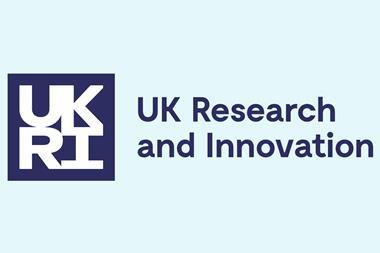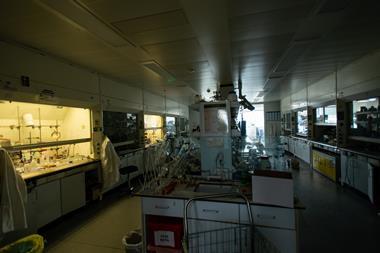Last June, research funding bodies announced that they would put back the submission deadline for the UK’s research assessment exercise from December 2020 to 31 March 2021. Universities already struggling with the pandemic were concerned that they wouldn’t have time to finalise their submissions. In the end, institutions rose to the challenge and submissions went relatively smoothly.
The Research Excellence Framework (Ref) takes place every six years and is used by the UK’s four higher education funding bodies to assess research quality and distribute around £2 billion per year in quality-related (QR) research funding to universities. Each university provides evidence relating to research quality (accounting for 60% of the assessment), impact (25%) and research environment (15%). Expert panels then review and grade submissions.
As well as a later deadline, universities were also allowed to submit outputs delayed due to Covid-19, and to explain how the pandemic had affected impact case studies and their research environment. Further mitigations implemented in early 2021 included lifting the requirement for submitting evidence corroborating impact case studies, permitting submission extensions, and a ‘flexible approach’ to the collation and delivery of paperwork, and electronic submissions.
‘Overall, the revisions to Ref 2021 have sought to recognise and respond to both the effects on submissions and on the preparation of submissions due to Covid-19,’ says a Ref spokesperson.
Andrew Ellis, head of the school of chemistry at the University of Leicester, says the pandemic didn’t have a big impact on their Ref submission. ‘Large parts of our submission were already sorted by the time of the first lockdown and the extra time allowed for submission of documentation was sufficient for us to complete things.’
This view appears to be widespread. Nick Hillman, director of the Higher Education Policy Institute, believes that UKRI and Research England have done the best job possible in very trying circumstances. ‘They have walked the tightrope between changing everything and changing nothing in the midst of a crisis very skilfully, with reasonable changes to the timeline but no profound changes to the core processes. While some people originally thought the delays would not be enough, my sense is most people were pleased to submit their institutions’ information before Easter so that the processes didn’t linger on.’
James Wilsdon, digital science professor of research policy at the University of Sheffield, agrees that the extra allowances were sensible and sufficient, and gave universities the time they needed. ‘I think it’s a mistake to overstate the significance of short-term, more immediate issues – even those as massive as a pandemic – in the context of a seven-year assessment cycle, which will in turn set the framework for QR investment for six to seven more years to come.’ Cuts elsewhere – including to the Global Challenges Research Fund, or to pay the bill for Horizon Europe – make that QR funding more important than ever, he adds.
Kieron Flanagan, senior lecturer in science and technology policy at the Alliance Manchester Business School, doesn’t think that the pandemic will affect this Ref. ‘I can’t immediately see how the delays would affect the outcomes though, of course, it is always possible that the pandemic will have had differential impacts on the quality or completeness of individual submissions. But I think this is unlikely.’ Most preparatory work was already well on the way to being complete when the pandemic struck, he notes, but the extension offered will have been very important in taking some pressure off universities.












No comments yet